ANTD.VN - According to the Vietnam Federation of Commerce and Industry (VCCI), the situation of "thin capital" of enterprises is happening.
 |
VCCI recommends exempting the obligation to meet regulations on limiting interest expenses for related transactions. |
Ministry of Finance on soliciting opinions on proposals to amend and supplement Decree 132/2020/ND-CP on tax management for enterprises with related-party transactions.
Commenting on the regulation on the ceiling of interest expenses for domestic transactions without tax rate differences, VCCI said that Article 19.1 of Decree 132 exempts the obligation to declare and prepare transfer pricing documents for cases where related parties only pay income tax in Vietnam and there is no tax rate difference.
This regulation is reasonable because if there is no tax rate difference between two domestic enterprises, there is not much incentive to transfer pricing.
However, Article 19.1 does not apply to the limitation of interest expenses stipulated in Article 16.3.a of the Decree. In other words, in the case of two domestic affiliated enterprises with no tax rate difference doing business with each other, other transactions are not bound by Decree 132, but the lending transaction is subject to interest expense limitation.
“The limitation on borrowing costs in Article 16.3 for purely domestic transactions is speculated to be aimed at combating the “thin capital” situation of enterprises. Limiting thin capital helps ensure financial security, avoiding the situation where large enterprises borrow too much, do not ensure safety ratios and easily lead to loss of liquidity when there are unexpected fluctuations.
However, this regulation does not ensure reasonableness, causing many negative impacts on Vietnamese enterprises, especially large enterprises" - VCCI stated its opinion.
Specifically, according to VCCI, the situation of "thin capital" in Vietnam is indeed happening, but this is common and necessary in the new stage of industrialization in developing countries.
In early industrialized countries, growth is driven largely by technological development. This growth model is high risk, so businesses often seek to share risk through the issuance of shares (forming equity).
The transparency of the financial markets of these countries also makes investors willing to buy shares and share the risks with the enterprises. Therefore, the capital structure of enterprises in developed and early industrialized countries often has a high proportion of equity and low debt.
In contrast, in developing countries, which industrialize late, growth depends largely on the ability to reduce product costs based on capital accumulation and more flexible management. To do this, businesses must rely heavily on loans and the assistance of lenders to strengthen corporate governance capacity, helping to reduce costs.
Along with the lack of transparency in financial markets, firms in late industrializing countries rely more on borrowed capital than firms in early industrializing countries.
VCCI believes that Vietnam is a country in the process of industrialization. Enterprises in the infrastructure and industrial production sectors of Vietnam are trying to reduce costs in order to be competitive in the international market.
Therefore, it is inevitable and necessary for Vietnamese enterprises to depend on loans from domestic banks to accelerate the country's industrialization process. Therefore, the application of anti-thin capital rules of developed countries needs to be considered more carefully in the context of Vietnam.
Second, the regulation restricting the cost of borrowing negatively impacts the formation of domestic economic groups. This impact goes against the policy of Resolution 10-NQ/TW in 2017 of the Central Executive Committee on private economic development. The Resolution clearly states the guiding viewpoint as "Encouraging the formation of multi-owned private economic groups and private capital contributions to state-owned economic groups, with the capacity to participate in regional and global production networks and value chains."
VCCI assessed that such regulations would have adverse impacts on the formation of private economic groups as well as encouraging private economic groups to invest in risky fields.
Normally, when a corporation wants to invest in a risky field such as a large-scale production project, the parent company will borrow from the bank and then lend to the subsidiary. This is an affiliated transaction and is affected by the interest expense ceiling regulations.
Therefore, VCCI proposed that the drafting agency amend the provisions in Article 16.3 and Article 19.1 in the direction of exempting the obligation to meet the regulations on limiting loan interest expenses for related transactions between domestic enterprises with the same tax rate.
Source link



![[Photo] Opening of the 14th Conference of the 13th Party Central Committee](https://vphoto.vietnam.vn/thumb/1200x675/vietnam/resource/IMAGE/2025/11/05/1762310995216_a5-bnd-5742-5255-jpg.webp)




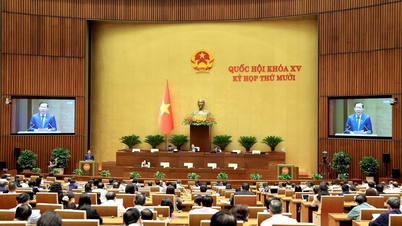

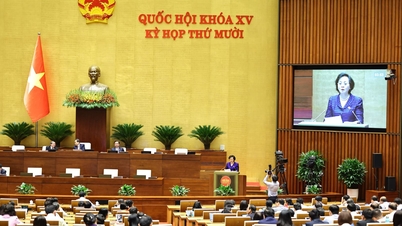
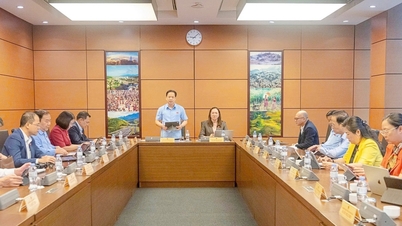





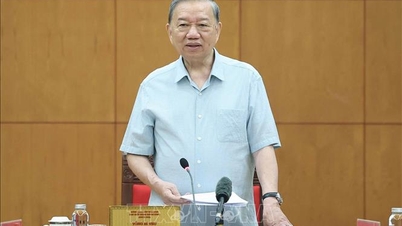







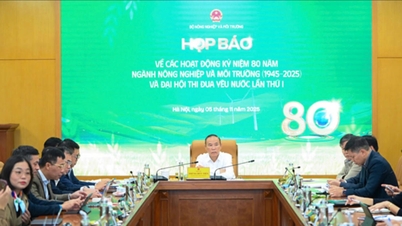










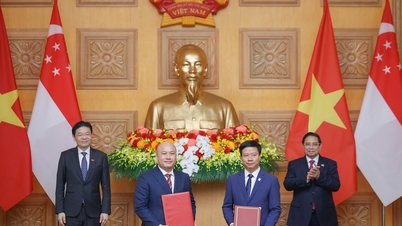

![[Photo] Panorama of the Patriotic Emulation Congress of Nhan Dan Newspaper for the period 2025-2030](https://vphoto.vietnam.vn/thumb/1200x675/vietnam/resource/IMAGE/2025/11/04/1762252775462_ndo_br_dhthiduayeuncbaond-6125-jpg.webp)

































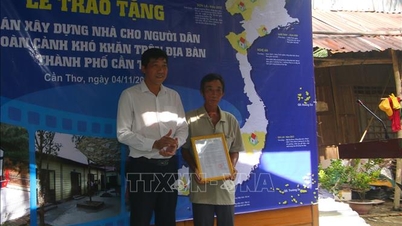

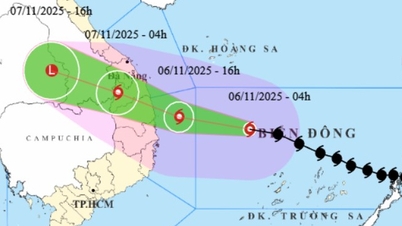




















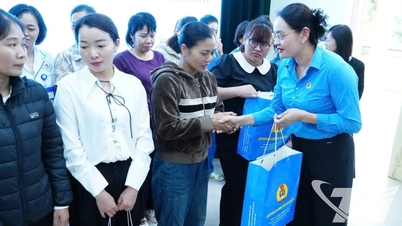














Comment (0)